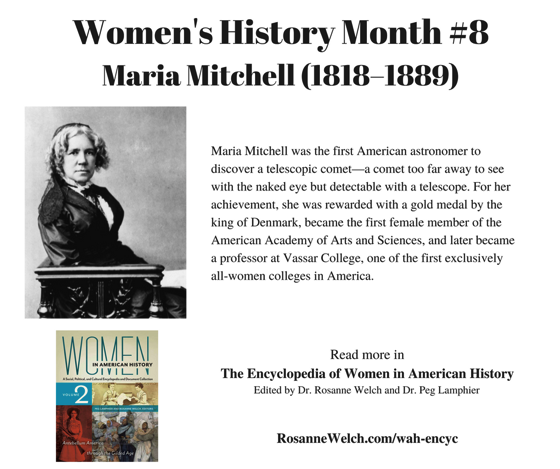This book signing at Book Soup was wonderful – good people, good conversation (before and after the signing). Just another example of the kind of quality positive people who have been drawn to The Monkees across generations – I even met a former head of publicity for ScreenGems who had some fun stories to tell. — Rosanne
Watch this entire presentation
Transcript:
I started by writing an article for Written By Magazine which is the magazine of the Writers Guild and I’m on their board and I wanted a chance to meet some people so I recommended this idea and from that article, I then used that as the proposal for the book company and that’s what they chose to let me continue it. So that was what was fun. Here’s the beginning part.
I was a fan from the beginning. At the age of 6 when the show debuted on NBC and caused what I often teased was the first great choice of a childhood lived without the benefit of DVR. Should I watch The Monkees or Gilligan’s Island? Both aired at the same non-Bat Time on the same non-Bat Channel. I used that question as the thesis to an essay when many years later I applied to film school and I’m amazed how it still resonates with others of my generation. For my students, that choice harkens back to an unimagined time before VCRs, DVRs or iPads. When one had to choose between two favorite programs and wait for summer reruns to see if the one they hadn’t chosen was going to re-run and you could finally see that story.
Buy “Why The Monkees Matter” Today!
Why The Monkees Matter: Teenagers, Television and American Pop Culture
McFarland (Direct from Publisher) | Amazon | Kindle Edition | Nook Edition
Podcast: Play in new window | Download
Subscribe: RSS
![How It All Began from Why The Monkees Matter Book Signing, Book Soup, Hollywood [Video] (1:07)](https://rosannewelch.com/wp-content/uploads/2017/03/wtmm-reading-02-beginnings.jpeg)

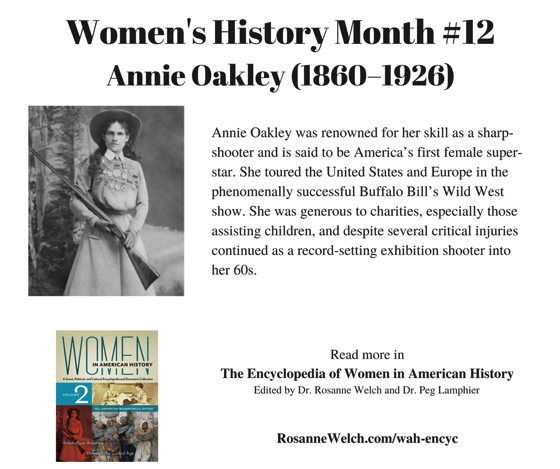
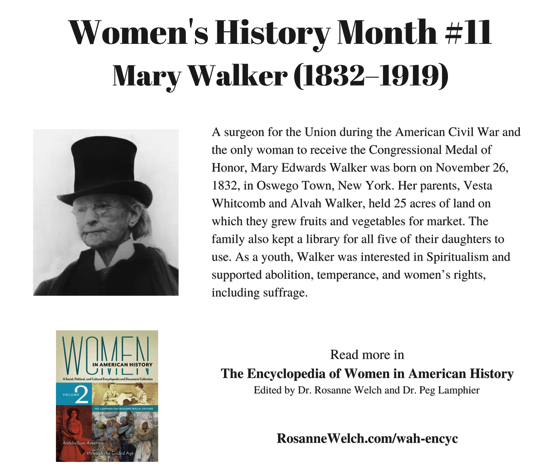
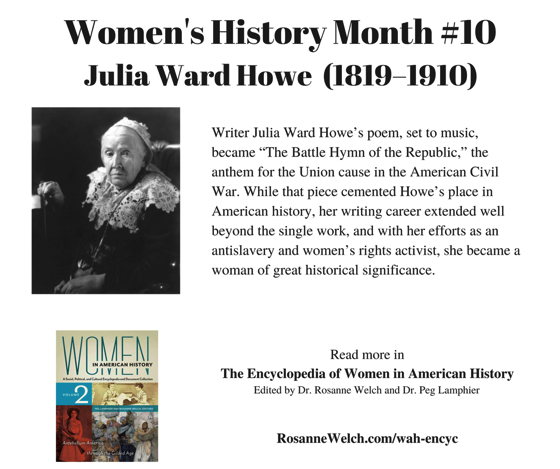
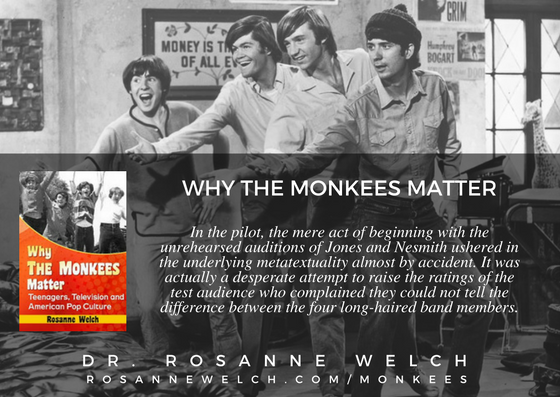
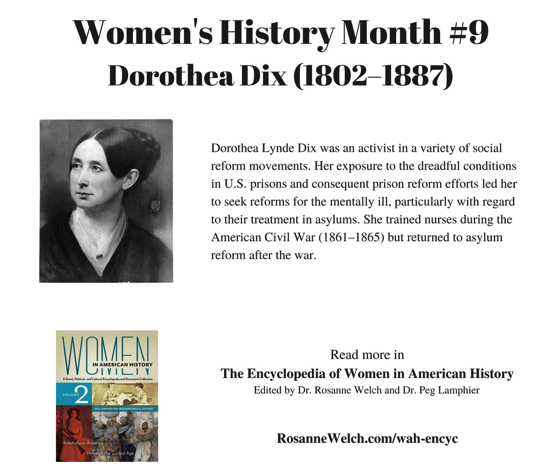
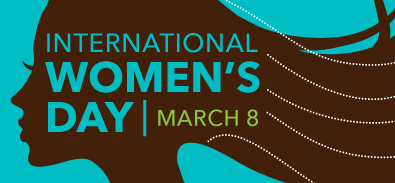









![Adapting Harry Potter from A History of the Art of Adaptation [Video] (0:35)](https://rosannewelch.com/wp-content/uploads/2017/03/adapt-40-harry-potter-1.jpeg)
